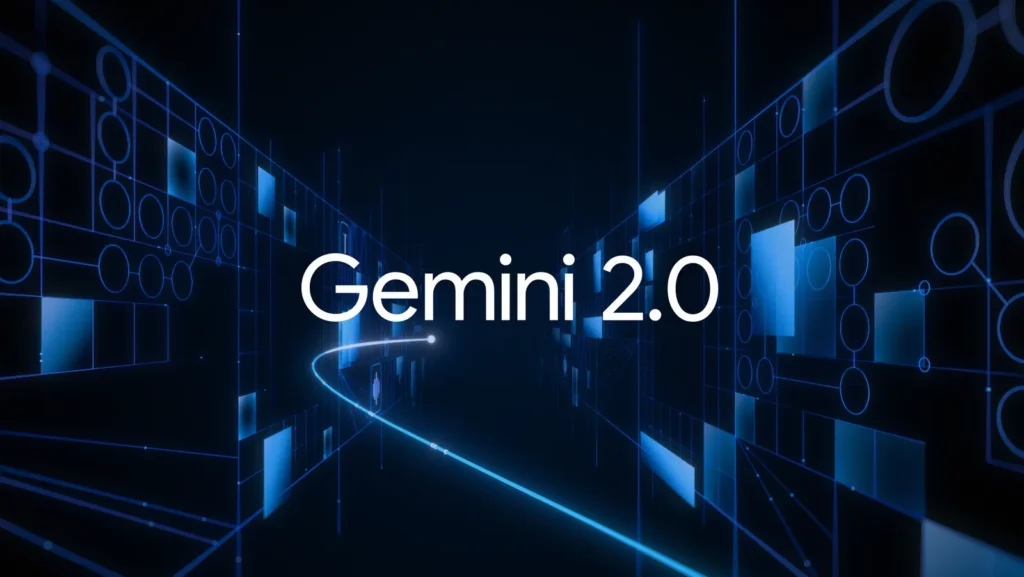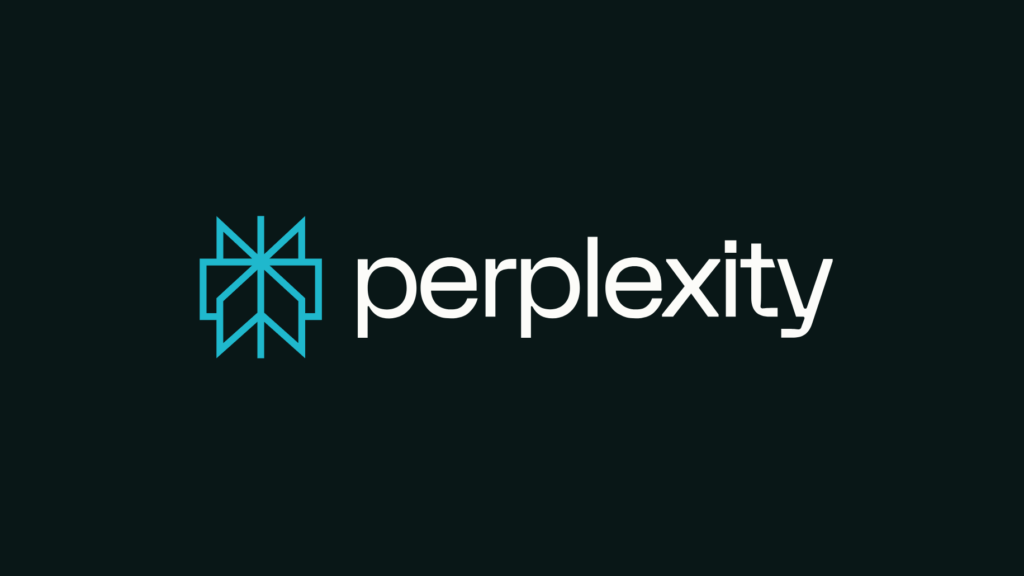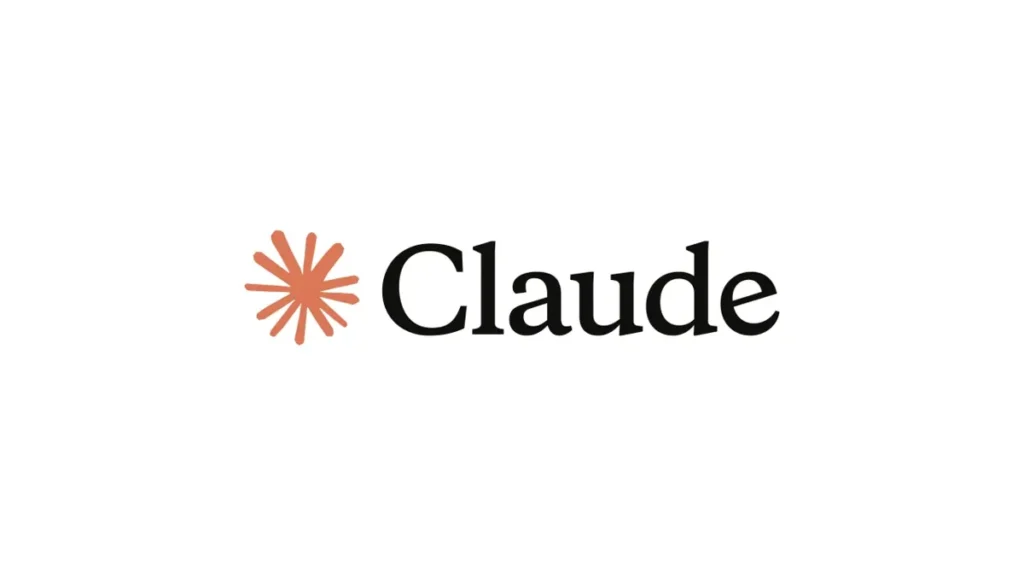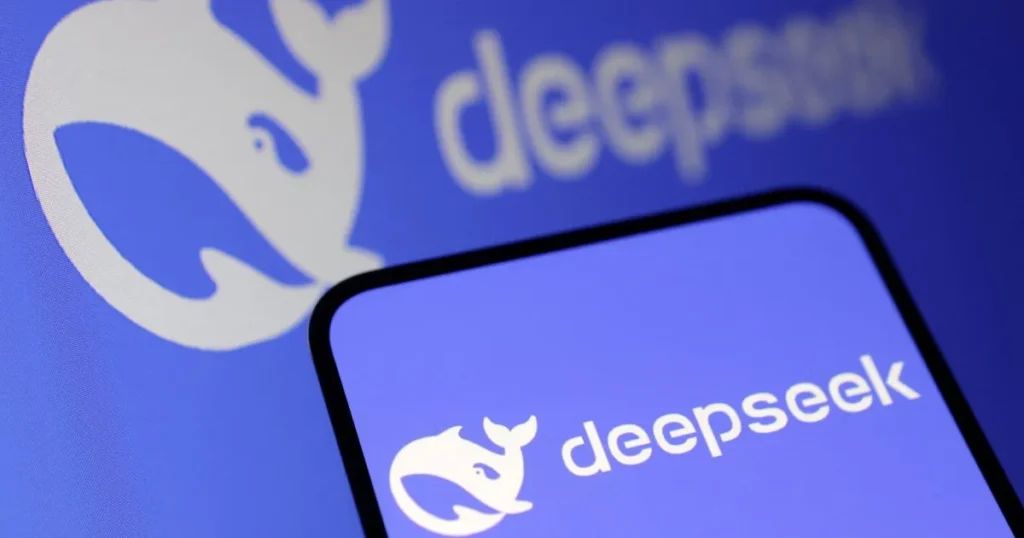Search is no longer a Google-only game. The way people find answers is changing fast. Large language models (LLMs) now deliver full responses, product advice, and recommendations. Often, users don’t click a single link.
This shift has triggered a new battle: not just for traffic, but for visibility inside the answer. It’s no longer about ranking. It’s about being the source AI engine quote.
This is the reality generative search has created, and brands who want to be found must adapt.
In this post, we break down the major players in AI search: ChatGPT, Google Gemini, Perplexity, Claude, DeepSeek, and others. We show how they work, how they differ, and what it means for your business.
The New Search Stack: Generative Engines replacing the SERP
Let’s be clear, this isn’t a small shift. The traditional search engine results page (SERP) is being replaced by conversational interfaces. People are no longer typing a query and scanning links. They’re asking questions and getting full answers instantly.
These answers aren’t pulled from one site. They’re generated using LLMs that combine multiple sources. This is where GEO, Generative Engine Optimisation, comes in. It’s no longer enough to rank. You need to be chosen as part of the answer.
We cover this shift in our GEO strategy guide, and how we build AI search visibility for clients through our LLM Optimisation services. Now, let’s look at the contenders in this new environment.

1. ChatGPT with Browse (OpenAI)
ChatGPT remains the most recognised AI search tool. Its Pro version includes real-time browsing, pulling from current web content and combining it with GPT-4o’s conversational strength. And now GPT-5 has been released.
Strengths
- Massive user base and brand recognition
- Integration with Microsoft products (Edge, Bing, Copilot)
- Structured sources and citation links
- Uses GPTBot to crawl sites
Weaknesses
- Users can’t easily confirm where answers come from
- Source transparency is inconsistent
Why it matters for GEO
ChatGPT’s Browse feature fetches content directly from websites, making GPTBot access essential. If GPTBot can’t crawl your site, you’re invisible. Our GEO SEO strategies focus on GPTBot crawl optimisation and AI content citation structure.

2. Google Gemini (formerly Bard)
Gemini is Google’s AI-powered response engine. It’s built into Search and integrated across Android. It can pull live data, understand complex prompts, and blend AI with traditional results.
Strengths
- Full Google index access
- Strong mobile integration
- Visual and multimodal responses
- Used by billions via Android
Weaknesses
- Output often feels cautious or incomplete
- Limited source citations
- Prioritises Google content over external sites
Why it matters for GEO
Gemini’s influence on mobile behaviour can’t be ignored. With search habits shifting toward AI-powered results, SEO for Gemini now means crafting content that AI can surface, summarise, and trust. Our LLM content optimisation service helps you stay present in Gemini answers without relying on traditional ranking signals.

3. Perplexity AI
Built to feel like a research assistant, Perplexity combines real-time search with conversational responses. It’s growing fast among power users and developers.
Strengths
- Clear citation for every sentence
- Real-time search and source transparency
- Fast, research-grade responses
- Dedicated following in technical circles
Weaknesses
- Still niche outside tech
- Requires careful prompt design
- Less polished than ChatGPT
Why it matters for GEO
Perplexity rewards structured content with clear answers. If your content is formatted well, Perplexity is more likely to include and credit it. We target this in our GEO optimisation services by building citation-friendly formats that appear in its live results panel.

4. Claude (Anthropic)
Claude is known for its safety-first approach and long memory. This makes it ideal for detailed conversation and technical breakdowns. It’s used more for thinking than quick answers.
Strengths
- Long context window
- Strong understanding of nuance
- Integrates with platforms like Notion
Weaknesses
- No browsing by default
- Answers are cautious and often vague
- Limited search use
Why it matters for GEO
Claude still influences how generative engines form answers. Even if it’s not directly used for live search. Brands creating long-form guides or complex product education can benefit by aligning with how Claude structures and explains topics.

5. DeepSeek
A fast-growing open-source model out of China, DeepSeek has surprised many with its research performance and ability to understand detailed prompts.
Strengths
- Strong performance in academic tasks
- Open-source foundation
- Training transparency
Weaknesses
- Limited global usage
- Low integration into mainstream tools
- No citation or retrieval transparency
Why it matters for GEO
DeepSeek may not be mainstream yet, but it’s influencing open-source development and alternative LLM strategies. For eCommerce brands, it’s worth watching. For agencies, it signals where future AI search models might come from.
Key Differences at a Glance
| Engine | Live Browsing | Clear Citations | SEO Impact |
| ChatGPT | Yes (Pro) | Sometimes | High with GPTBot setup |
| Gemini | Yes | Minimal | Strong for mobile |
| Perplexity | Yes | Always | High for structured content |
| Claude | No | None | Useful for long-form structuring |
| Deepseek | No | None | Minimal (for now) |
So, Who’s Winning the Battle for Search?
There’s no single winner yet. But there’s a clear takeaway. Search is no longer just about links. It’s about language. If you’re not part of the answer, you’re not part of the result.
Each engine rewards different content formats, levels of authority, and source visibility. That’s why we treat SEO for AI search engines as a new category: one built on generative SEO strategy and real-time testing.
This is exactly what we explain in our Blended Search strategy: how paid and organic, old and new, should work together instead of compete.

The Impact of Blended Search
The rise of generative engines makes it even more important to stop your channels from fighting.
Imagine paying for keywords your brand already ranks for organically. And also appears in ChatGPT answers. That’s ad waste at scale.
Our Blended Search method uses paid search to test what converts. Then we build it into your long-term organic and GEO plan. We also track where your content appears in AI-generated answers. That shows where you’re winning, and where you’re missing out.
Where GEO and LLM Optimisation Fit Together
We built our LLM Optimisation service to answer this exact shift.
- How do you structure content for ChatGPT and Gemini?
- How do you get your product pages featured in Perplexity?
- How do you monitor visibility when SERPs don’t exist anymore?
Our answer:
- Content engineered for LLM interpretation
- Tracking tools for prompt-based AI visibility
- Search sprint plans that combine SEO and GEO
The tools are new, but the goal is the same. Get found. Get cited. Get chosen.
The Future of Search Isn’t Search. It’s Answers
This isn’t hype. This is happening. AI search is here, and it’s already reshaping how people research, compare, and buy. If you’re still optimising only for traditional rankings, you’re fighting half the battle.
The brands that win won’t just rank. They’ll be referenced. That’s what Generative Engine Optimisation is built for. We’re helping brands win that space. For more information, get in touch with our team today.
You can also read more in our previous Battle for Search articles:
